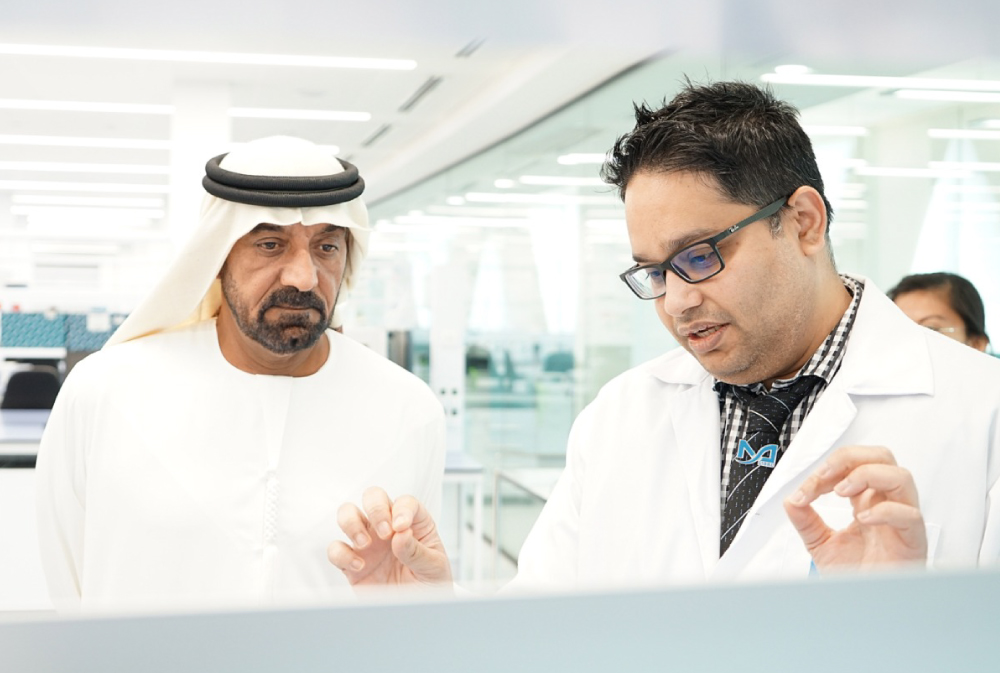
Autism spectrum disorder (ASD) is a growing health concern around the world and is estimated that it impacts 1 in every 58 children globally. Research indicates that the disease manifests very early in development which requires early diagnosis and intervention.
Dr Mohammed Uddin from Mohammed Bin Rashid University of Medicine and Health Sciences, an expert in the etiology of autism and neurodevelopmental disorder genetics, is leading a study to develop ‘An in vitro system to characterise recurrent pathogenic deletions in autism spectrum disorder’.
Each child impacted by autism carries a different genetic signature; therefore, a targeted personalised molecular approach is necessary. This research is immensely important to implement a translational core for autism genome and to guide personalised therapeutics. Dr Uddin hopes this study will be a step forward for genome sequencing projects and will enable the translation of clinical relevance of the mutated genes.
The team now have a comprehensive list of genes that are associated with ASD and have successfully completed gene editing experiments. Due to the relevant and important nature of the work, Al Jalila Foundation has funded this research to continue the process of conducting multiple characterisation experiments on the knockout CRISPR/Cas9 cell lines that can then be used by other scientists in the country.
To learn more about this and other Al Jalila Foundation research please click here.

